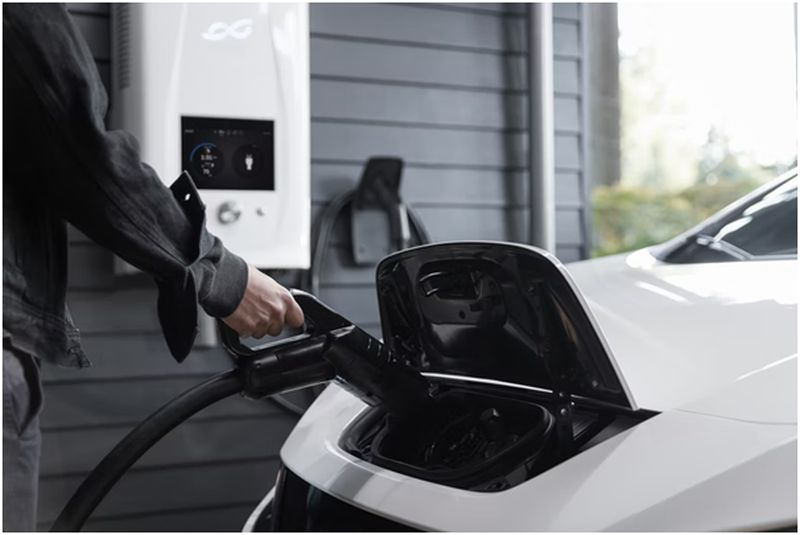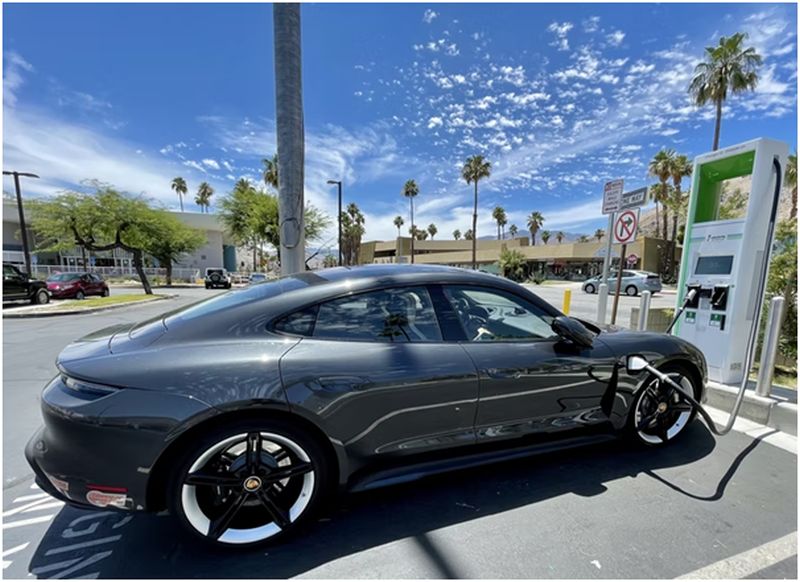Myths that you probably believe in. Tie up. And that’s why.
Trends in the automotive industry show that the future belongs to environmentally friendly electric vehicles, which, with the rapid development of technology, are becoming increasingly autonomous. The governments of several European countries (such as Norway, France, and the UK) are promising to phase out sales of petrol and diesel vehicles in favor of green zero-emission electric vehicles in the coming decades.
Therefore, while there is still time, run to the coolest rental shop in the world’s capital of supercars and sports cars rent Lamborghini in Dubai to enjoy the roar of a gasoline engine on the best high ways and the low cost of such pleasure. With all the best Lamborghini models available for rent in a variety of colors, there is a supercar for all types of hiring salon clients – whether for leisure or even business purposes.
Yes, modern electric cars are also impressive with their speed, but the good old Porsche or Ferrari, albeit rented, will still give light to many of them, especially when it comes to driving sensations and, of course, distances.
However, the debate around electric motors continues unabated today. We analyze the most common myths about them.
1. Small power reserve
While the first electric vehicles could indeed travel a relatively short distance at first, automakers have significantly improved maximum mileage in recent years. Today you can buy an electric car that can travel more than 500 kilometers on a single charge.
Taking into account the driving habits of car drivers, most often in everyday life we drive only a few tens of kilometers, and middle-class electric cars, which can travel up to 260 kilometers on a full charge, are fully suitable for this.
2. Nowhere to charge
Critics of electric cars first of all – and not without reason – point out the fact that many countries are simply not yet technically adapted to use them. It is difficult to disagree with the fact that so far there are few power stations for recharging. This is true, but the situation is changing rapidly: they appear in paid parking lots, gas stations, and even in large shopping and business centers.
And in the end, some electric cars (Nissan Leaf, for example) can be charged from a home outlet. I just left it overnight, like a smartphone, and in the morning everything is ready.
3. High cost

Yes, electric cars are still more expensive than regular cars. But this is not for long. Today, many states are interested in the development of electric transport due to its environmental friendliness. For example, Germany has announced that it will invest €60 billion in it, while Britain is paying a subsidy of £5,000 to all buyers of electric cars.
The price of a lithium-ion battery, the most expensive element in a car, is gradually falling. Even now, electric cars bring significant benefits to owners. It costs less to maintain than a conventional car, and the electricity to charge it costs less than the fuel to run an internal combustion engine.
4. Not adapted for winter
It is believed that an electric car is unlikely to survive a harsh winter – at low temperatures; the electrolyte in electric motors thickens and produces less energy at the output. But manufacturers are not stupid people, and all this is provided for.
They equip the car with a preheating system that raises or lowers the temperature of the battery depending on the ambient temperature, helping to maintain range. And if you connect the car to the charging station before the trip, then the system will generally take energy not from the battery, but from the network, which will also save charge.
5. Difficult to maintain
Not really. Maintenance of electric cars is no more difficult than maintenance of cars with an internal combustion engine. Plus, EVs need to be serviced less often than regular cars because they have fewer moving parts—only every 2 years or every 34,000 km (whichever comes first).
So do not drift if you are thinking about buying an electric car – it is the future.
Article Submitted By Community Writer




